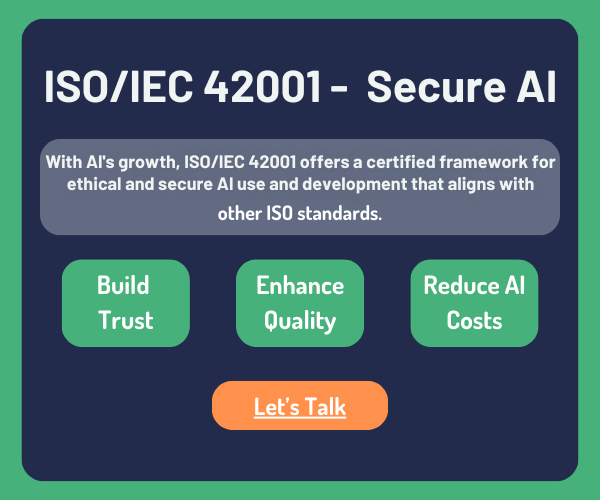IMPARTIALITY POLICY
Consilium Labs Inc. is committed to ensure impartiality in management system certification activities. Our Impartiality Policy states:
“We, at Consilium Labs Inc., are committed to impartiality and ensure that we carry out all our certification activities with complete independence, based on objective evidence provided by the customer. The potential threats to the conflicts of interest are evaluated and managed by Consilium Labs Inc. through a structured process and we ensure that the decision-making process is based on facts and objectivity.”
The Policy of Impartiality and confidentiality is accessible on our website.
At least once a year, Consilium carries out a documented analysis to identify possible threats to impartiality and to define actions to reduce such risks to an acceptable level. The risks are revisited every quarter to evaluate the current risk index after the mitigation actions are taken. These include threats that arise from within Consilium organization or from activities of other persons, bodies or organizations. Whenever a relationship possesses an unacceptable threat to impartiality, then certification is not provided.
In order to avoid conflicts of interest, Consilium do not engage in any kind of management system consultancy services and Consilium certification services are not marketed or offered as linked with the activities of an organization that provide such kind of services. Trainings provided by Consilium are to only increase awareness in specific areas and are generic in nature. The Top Management in Consilium is responsible for ensuring that the training provided does not contravene the requirement of international standard and avoid any potential conflict of interest in relation with management system certification activities. Consilium does not certify companies where in the previous two years internal audits have been carried out by Consilium or its subsidiaries for its management system certification activities.
Impartiality is ensured by the Managing Director and Quality Manager which forms an impartiality committee. Additional members are added to the impartiality committee when new threats are introduced to review the possible risks related to internal organization or external stakeholders.

